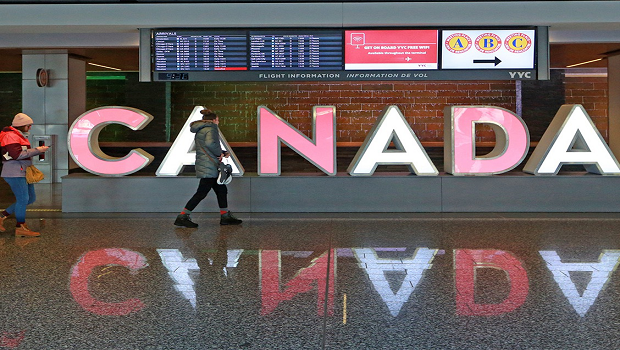If you are planning to travel to Canada to visit immediate or extended family, your plans may be interrupted due to the current COVID-19 travel restrictions. With so much mixed information, it can be difficult to understand the rules and regulations for traveling to Canada. Below is more information regarding traveling to Canada during COVID-19 and what restrictions to be aware of. For specific information about your circumstances, be sure to contact a Canadian immigration attorney who understands the latest laws.
Who Can Travel to Canada During Coronavirus?
Canada had temporarily suspended all non-essential travel, including travel between Canada and the US. However, they have since relaxed some of their travel restrictions. Here is a list of individuals who may still travel to Canada during COVID-19:
- Citizens and permanent residents;
- Work permit holders traveling for non-optional and non-discretionary purposes;
- International students who hold a valid study permit;
- Permanent resident applicants who had been approved for permanent residence before travel restrictions were announced;
- Immediate family members of Canadian citizens and permanent residents.
Who are Eligible Foreign Nationals? Can They Travel to Canada?
A foreign national is someone who is not a Canadian citizen nor a permanent resident of Canada. What happens if you have family members living in Canada and you want to visit them? Is there a way to do so safely and without breaking the law?
Since October 8th, 2020, certain extended family members of citizens and permanent residents have been allowed to enter Canada. Extended family members include adult children, grandchildren, siblings and grandparents, as well as those involved in long-term (1 year or more) dating relationships.
To be eligible to travel to Canada during coronavirus, you must meet the following requirements:
- Be an immediate family member of a Canadian citizen. If staying in Canada for more than 15 days, you must have a quarantine plan that shows how you will isolate for 14 days when you arrive. This is mandatory. Immediate family members staying less than 15 days must be traveling for a non-discretionary reason;
- Be an extended family member of a Canadian citizen. If staying for more than 15 days, you’ll need a quarantine plan. You will also need written authorization from Immigration, Refugees and Citizenship Canada (IRCC). Extended family members staying for less than 15 days must be traveling for a non-discretionary purpose;
- Be coming for compassionate reasons. If you’re a foreign national traveling to Canada for compassionate reasons, such as being present for the death of a loved one or providing care to someone who is terminally ill, you will need authorization from the Public Health Agency of Canada;
- All other foreign nationals. Anyone who falls in this group must be traveling directly from the U.S. for a non-discretionary purpose and must be exempt from travel restrictions. These individuals include temporary foreign workers, some international students, transiting passengers, members of the Canadian forces and others.
What if I Have a Criminal Record? Can I Enter Canada to See My Family?
Having a criminal record makes things tricky when crossing the border into Canada, even during non-COVID times. Now with the new restrictions in place, you may find it even harder to travel to Canada with a criminal record.
We suggest speaking to an immigration attorney who can advise you on your options. Typically, you’ll need a temporary resident permit (TRP), criminal rehabilitation or a legal opinion letter to enter the country. It all depends on the specific circumstances of your case.
As all these new restrictions can be confusing, it’s helpful to speak with a Canadian immigration attorney. Canada’s coronavirus traveling laws are meant to protect citizens while also allowing loved ones to visit when necessary.



